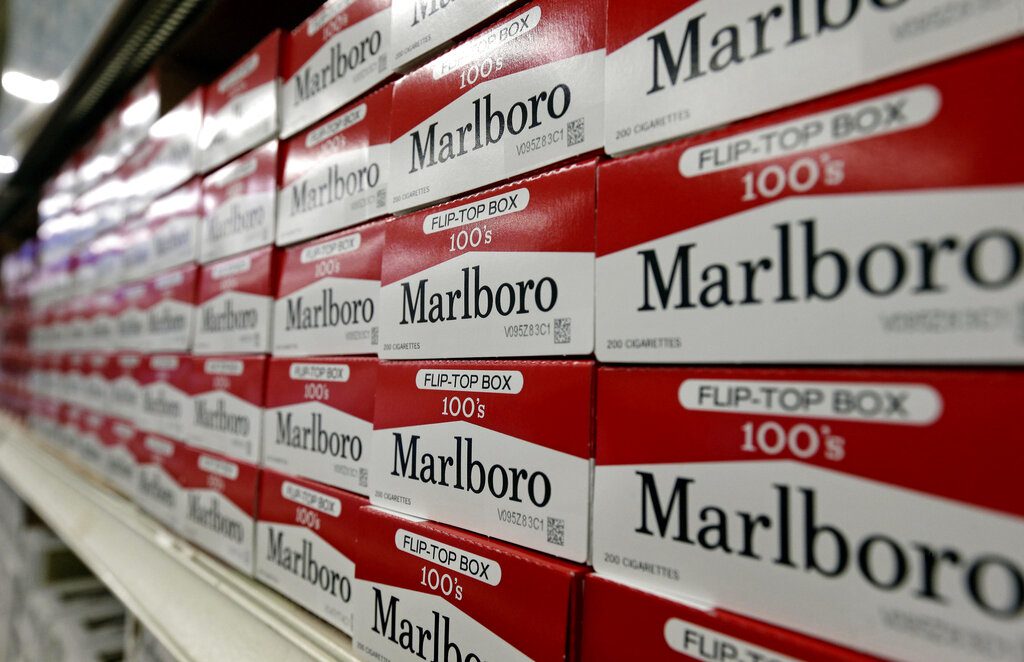Critics are expressing strong dislike that the state Supreme Judicial Court has upheld Brookline’s ban on the sale of tobacco products to anyone born in this century, while the ruling has left advocates feeling calm and relaxed.
Justice Dalila Argaez Wendlandt has found the ban to be in line with a state law that prohibits tobacco sales to people under 21. She stated that it is logically related to a valid government interest and consistent with the Massachusetts Constitution’s equal protection provisions.
In 2018, state lawmakers voted to prohibit the sale of tobacco products to people under 21, raising the minimum age requirement from 18.
The so-called “Tobacco Act” preempts any “inconsistent, contrary or conflicting” local law related to the minimum age provision but allows cities and towns to limit and ban the sale of tobacco products within their municipalities, as highlighted in Wendlandt's ruling.
In 2020, Brookline residents approved a bylaw that divides tobacco consumers into two groups: people born before 2000 and those born after.
Wendlandt’s ruling on Friday came after several Brookline convenience store owners sought the SJC to declare the ban undermined the state Constitution by dividing adults into two age groups and preempted by the Tobacco Act.
“The bylaw’s birthdate classification, starting in the year 2000, is logically related to the town’s valid interest in reducing tobacco use overall and specifically by minors,” Wendlandt wrote in her ruling.
“The bylaw is also a logical option to an immediate and complete ban on sales of all tobacco products, preserving in-town sales to those in group one who may already suffer from addiction,” she added. “And it gives sellers time to adjust to revenue losses that stem from shrinking tobacco product sales.”
Convenience store owners and retailers are strongly criticizing the ruling, saying the ban will harm their businesses, while advocates and local officials are praising the decision as it prioritizes public health.
The New England Convenience Store and Energy Marketers Association, a regional industry lobbying group, said it’s “disappointed but not surprised” by the development.
“The Brookline bylaw does not target youth tobacco usage,” the group posted on X late Friday night. “Instead, it bans a growing class of adults from legally purchasing any tobacco or nicotine product in the town. Our retailers will be negatively impacted when they lose customers to neighboring towns.”
Advocates and officials have long seen Brookline as a pioneer in tobacco regulation.
The town of roughly 60,000 people, on the border of Boston, became the first municipality in the state to prohibit people from smoking in bars and restaurants in 1994. More recently, it banned the sale of flavored tobacco and vapor products in 2019.
Brookline is the first city or town in the country to put into effect a bylaw that will gradually eliminate tobacco use entirely, according to the Boston Globe.
“By affirming a lower court’s dismissal of the tobacco industry’s challenge of the bylaw, the state’s highest court validated the town’s valid interest in reducing tobacco use overall, and especially in the case of minors,” Town Counsel Joe Callanan said in a statement.
The Action on Smoking and Health stated that tobacco remains the leading cause of avoidable death in the U.S. and worldwide. According to the advocacy group, it also results in the U.S. spending over $300 billion each year on healthcare and lost productivity.
Jon Hurst, president of the Retailers Association of Massachusetts, strongly criticized the decision to maintain the ban, arguing that it restricts the freedom of choice for individuals and small businesses.
Hurst expressed concern about the potential for further restrictions, questioning if cannabis, alcohol, meat, and healthcare services might be targeted next. He made these remarks in a post on X early Saturday.
The Massachusetts Fiscal Alliance, a conservative fiscal group, added their perspective on the situation, describing it as absurd for a local board of health to impose different rules on legal activities for some adults while allowing them for others.
Brookline’s ban has generated interest in other towns across Massachusetts, with Melrose, Stoneham, Wakefield, and Malden all considering similar measures. The influence of Brookline's bylaw has even extended to officials in cities and towns as far away as California.
Beverly Hills city councilor John Mirisch expressed optimism following the SJC decision, stating that the ban marks a significant turning point. Mirisch, who was the mayor when his city stopped all tobacco sales in 2021, hopes that other places in California and worldwide will be encouraged to end the tobacco epidemic.









